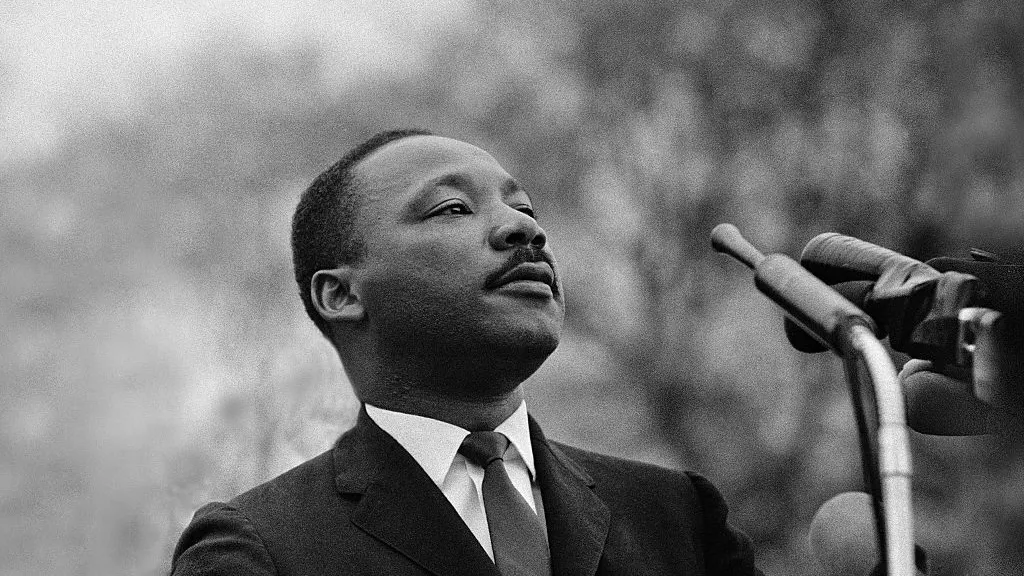The Trump administration released over 230,000 pages of documents related to Martin Luther King Jr.’s assassination on Monday.
The release is part of President Donald Trump’s promise to bring more transparency to long-controversial cases, including the assassinations of former President John F. Kennedy, and Sen. Robert F. Kennedy. The files on King, before their Monday release, were “collecting dust in facilities across the federal government for decades,” according to the Office of the Director of National Intelligence.
“The American people have waited nearly sixty years to see the full scope of the federal government’s investigation into Dr. King’s assassination,” said DNI Tulsi Gabbard in a statement.
“Under President Trump’s leadership, we are ensuring that no stone is left unturned in our mission to deliver complete transparency on this pivotal and tragic event in our nation’s history. I extend my deepest appreciation to the King family for their support,” she said.
Many of the records released have been digitized for the first time. The records contain “minimal redactions for privacy reasons — including redactions for Social Security Numbers and grand jury information,” according to the DNI’s office.
It’s unclear how much new information, if any, will be revealed in the trove of documents. Gabbard said that the documents contain notes on the investigation into King’s murder and previously unreleased details on interactions agents had with foreign intelligence services while investigating the assassination.
King’s niece, Alveda, championed the release of the documents in a statement.
“I am grateful to President Trump and DNI Gabbard for delivering on their pledge of transparency in the release of these documents on the assassination of Martin Luther King, Jr,” she said. “My uncle lived boldly in pursuit of truth and justice, and his enduring legacy of faith continues to inspire Americans to this day. While we continue to mourn his death, the declassification and release of these documents are a historic step towards the truth that the American people deserve.”
Some in King’s family have voiced concerns that the trove of documents released may include unflattering details about King’s personal life, such as his serial, extramarital philandering as a Baptist minister or his alleged witness of a woman’s rape at the hands of another Baptist minister, according to The New York Times.
King was at the forefront of the civil rights movement for black Americans until his death on April 4, 1968. James Earl Ray confessed to killing King, who was fatally shot while standing on a second-floor balcony of the Lorraine Motel in Memphis, Tennessee.

.png)
.png)

